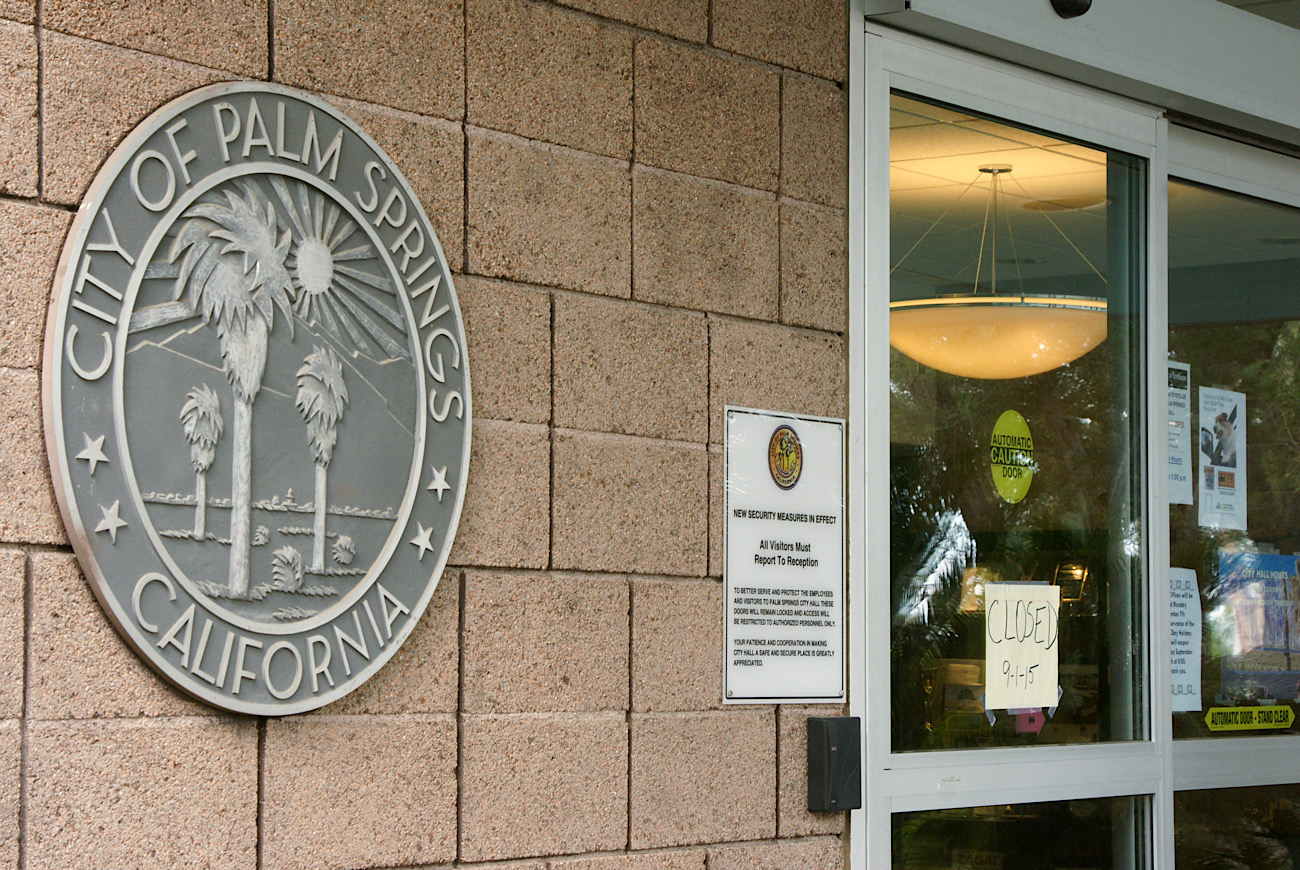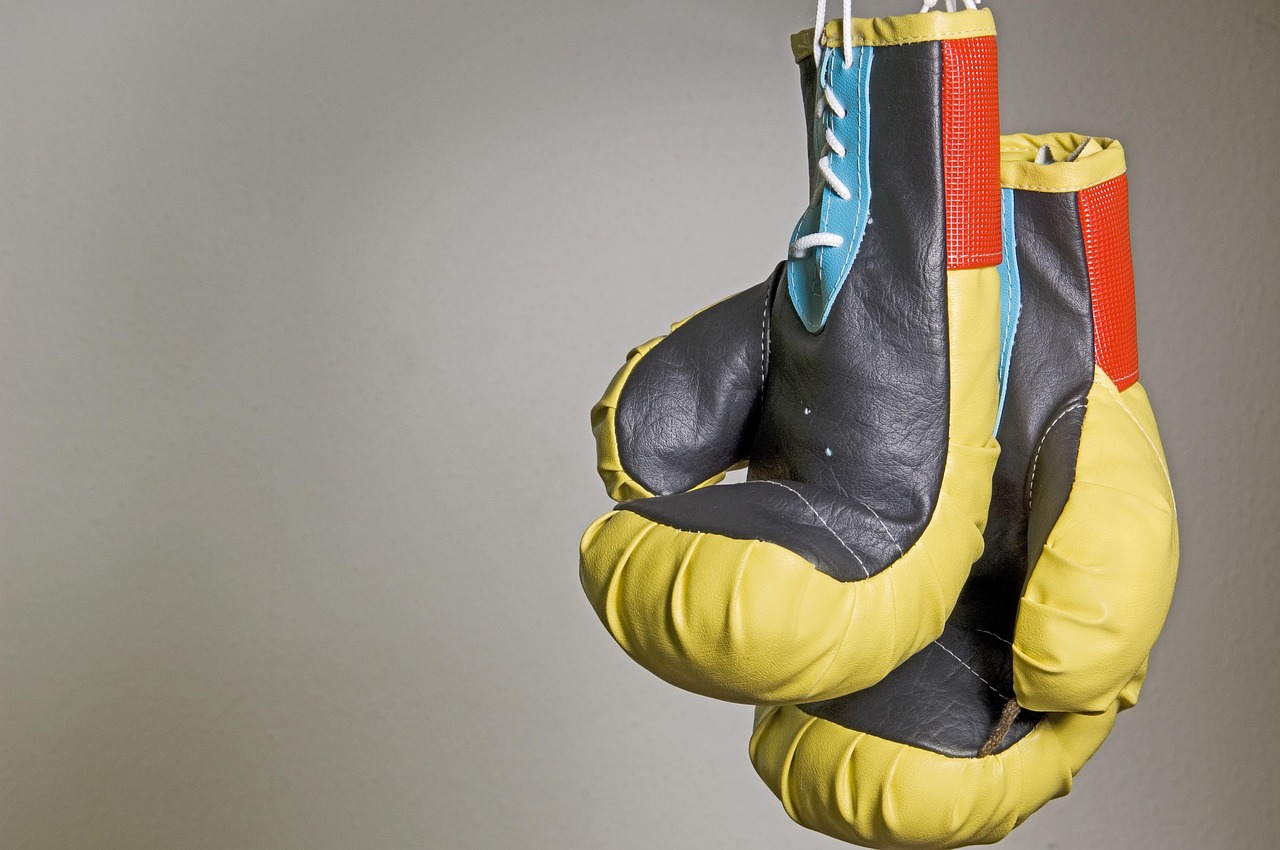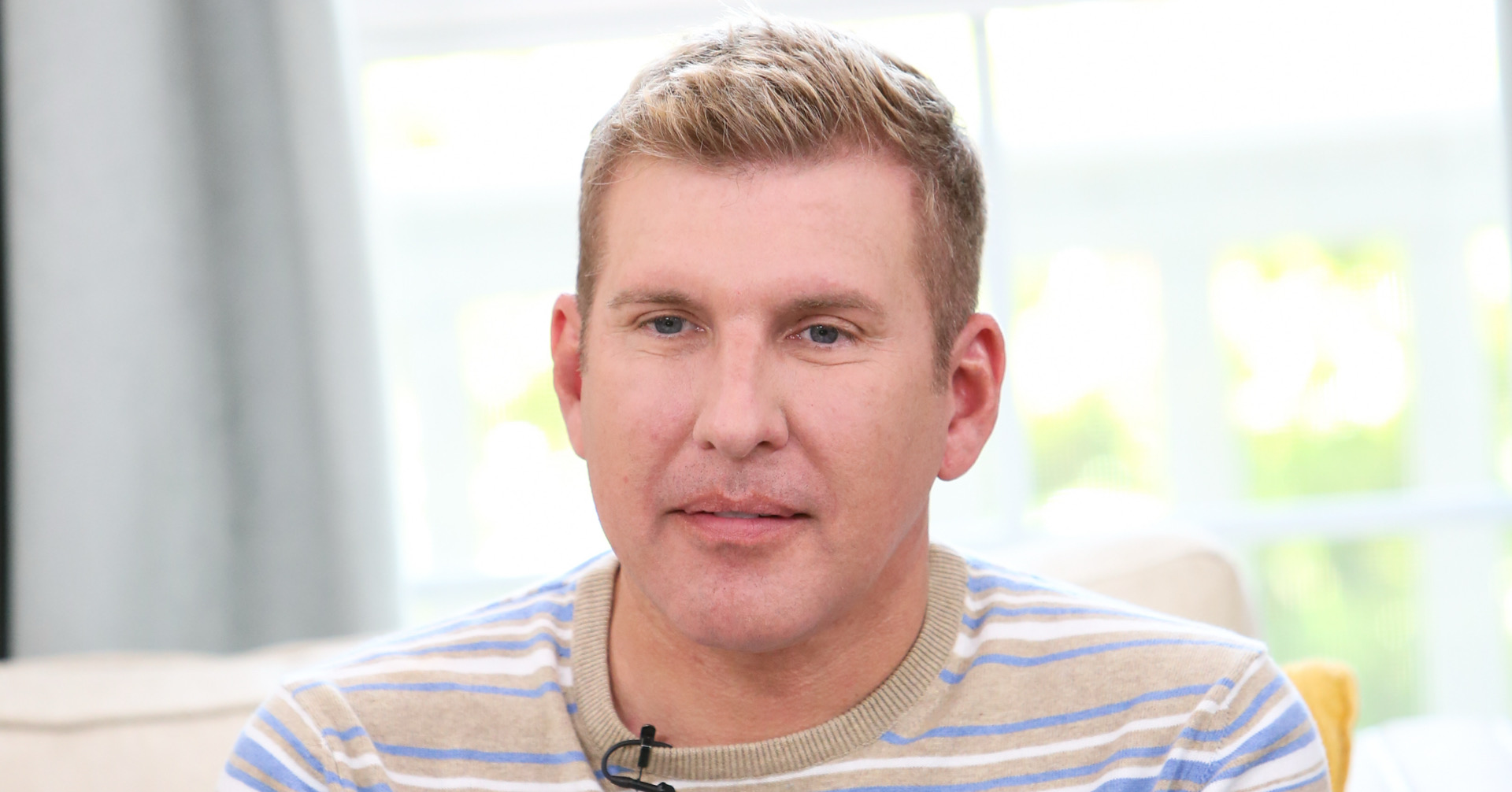On Thursday (November 14), California’s Palm Springs City Council unanimously approved to pay $5.9 million in reparations to Black and Latino families whose homes were burned and torn down in the 1960s.
RELATED: California Moves Forward With Reparations Plans For African Americans
According to the Los Angeles Times, officials in Palm Springs, California approved the $5.9 million reparations as part of a settlement to the Black and Latino families who had their houses razed, burned, and demolished in a brutal urban renewal project back in the 1950s and 1960s.
In 2021, Palms Springs officials apologized for its actions and for causing mass displacement of its Section 14 residents. The city continued to have discussions regarding reparations in years leading up to California Governor Gavin Newsom signing a formal apology to Blacks in September 2024 (apologizing for California’s role in slavery and legacy of racism) and now the settlement.
Section 14 is a one-square-mile region that sits in the center of the Agua Caliente Band of Cahuilla Indians Reservation. Before the 1950s, the Agua Caliente couldn’t develop their land due to federal laws. Therefore, tribal landowners leased plots to Black and Latino families who were deprived of homeownership by racist real estate covenants and lending practices.
The $5.91 million settlement package includes compensation based on the current value of personal property lost by former Section 14 residents and their families who have been verified by officials. Furthermore, the $5.91 million is based on the current estimated value of the 197 houses, about $30,000 per home, according to City Attorney Jeffrey Ballinger. Currently, there are an estimated 1,000 to 1,2000 claimants, including at least 350 survivors, according to Areva Martin, a lawyer for the Section 14 Survivors group.
Palm Springs City Council members have also agreed to establish a day of remembrance to commemorate Section 14 residents’ contributions to the city and create a Section 14 monument listing the names of former residents. Community members will select its location. The city also agreed to name a city park in commemoration of Section 14 residents, once one becomes available.
In addition to the settlement, Palm Springs City Council members also approved funding other programs that will address long-standing economic disparities in the city. This includes a $20 million budget for housing initiatives and a $1 million budget for local business initiatives in marginalized communities. To clarify, the programs are intended for the entire town of Palm Springs but will target Section 14 families.
Councilmember Lisa Middleton was one of many who spoke passionately about the settlement and thanked former Section 14 residents and their descendants who shared stories and wore their pride as a badge of honor during the journey to reparations. Middleton said, “It is the responsibility of the city of Palm Springs to compensate individuals for the destruction of personal property. We broke something that was yours, and now we need to pay for it.”
Palm Springs Mayor Jeffrey Bernstein also spoke out and said that “no amount of money” could help heal the deep wounds sustained by the Section 14 residents and their descendants. He added, “The truth is that we can’t right the wrongs of the past. What we can do is we can heal and move forward, and we can look at restorative justice.”
#Socialites, be sure to check out the post below, then leave us your thoughts in a comment after!






